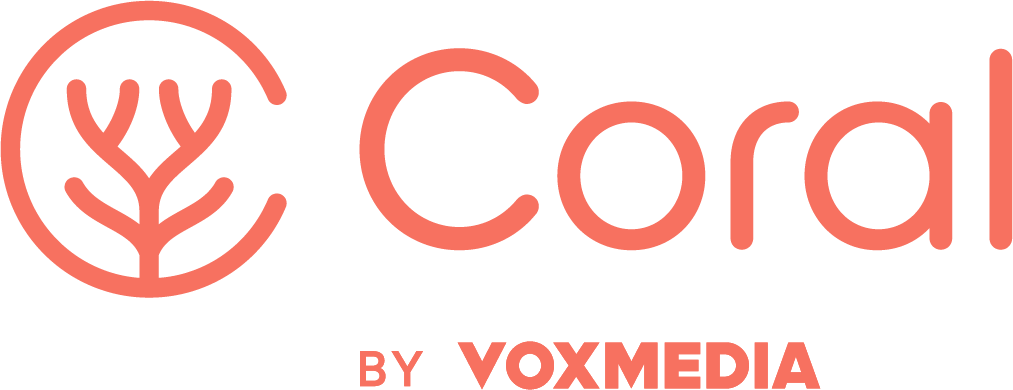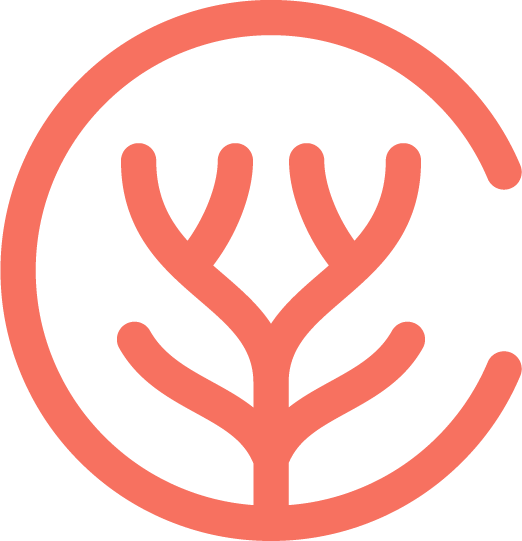By Annemarie Dooling
Annemarie Dooling is newsletter producer at Vox Media, where she was previously Director of Programming at Racked.com. She also ran community at The Huffington Post.
In January, Facebook announced that it was changing its algorithm: discussions between family and friends would take precedence over news articles and brand posts.
What this seems to mean is that the amount of interactions that a post encourages (likes, shares, but in particular comments) could change how many people will see it in their News Feed. The result has been confusion in most newsrooms about how much time to spend cultivating conversation, how to do so effectively, how to moderate comments, what kinds of conversations to encourage, who should run it, how to quantify the value it provides, how this differs from conversations in your own comments sections, and so on.
It’s time to take a breath and remember this: the fundamentals of community management – listening, responding, curating information and making decisions based on behavioural evidence – require many of the same skills that news reporters use to research and report a story. Or should I say, ‘used’ – traditional, service-oriented journalism isn’t so much in fashion these days, but maybe it’s time to bring back the basics around how you would visit City Hall meetings or talk to knitting circles about the stories of the moment, in the days prior to when ‘sourcing a story idea’ was mostly limited to following social media feeds.
So, where’s the disconnect in 2018? As someone who has taught and spoken to many college journalism classes and worked in many newsrooms, I believe that we need to go back to training journalists in how to participate in civic discourse.
For the past several years, journalists have been taught to follow very specific rules on how to grow eyeballs and clicks on social platforms through provocative headlines, and by ignoring whatever is happening in the comments of the posts, where cultures are clashing and abuse is seen as the responsibility of the platforms to police.
We live in an age of reality tunnels where disruptive or dangerous behavior can seem completely normal, or even heralded, by specific communities. When I wrote in 2014 that dropping anonymity would not prevent horrific online abuse, I was met with scepticism, told I wasn’t thinking clearly, and that no one would jeopardise their livelihood just to leave a nasty comment online. And yet here we are.
Every community has its own language, its own norms, its own ways of speaking to each other and acting that identifies each member as a part of the tribe. And when communities mix, as particularly happens on large social networks, we see ongoing and repeated conflict.
In order to facilitate and encourage safer, more productive communication, we have to take back the gatekeeper role from the social networks, and focus on the conversations. People talking in good faith about our journalism are not only fellow members our community, but they can also become our sources, our evangelists, and our most valuable critics.
We need to remember how to listen better, and to facilitate discussion. How to actually encourage and foster meaningful discussion that also improves your bottom line. We need to get our audience to trust us enough to invest in our work, whether monetarily or intellectually, or by giving us their time, their expertise, their support. We need to return to basic skills of customer service that can teach us how to de-escalate conversations, to prompt questions in ways that encourage open answers, and how to identify discussions that we need to end quickly, and how to end them. And how to spot the conversations that we shouldn’t jump into at all.
Here’s an example: Gene Park jumps into conversations on Reddit using the handle for the Washington Post, joining discussions to respond to questions and shed some light on the work of editors at the enormous news operation. Reddit, in particular, is a social platform that is frightening to news organization social teams, due in part to the seemingly random flow of talking points with little to no control provided to the organizations themselves, and while it can be labor intensive, Park handles the task beautifully, knowing exactly when to engage and when to stay away.
Another great example is the hard work done by ProPublica within their Facebook group, The Patient Safety Community. Armed with only community guidelines and prompts, the discussion seems to run itself, with readers self-policing talking points and bringing interesting ideas to the forefront of the discussion.
Over at Racked, we wanted to open some of our content to a larger range of voices, so we began a Facebook group and linked frequently from it to reporters’ Twitter handles. One of the focuses of Racked is on giving a community of enthusiastic shoppers the deals and unique opportunities they crave, and having a group that is mostly run by the audience has helped us to narrow down which questions to answer about fashion, which deals to highlight, and what topics to cover. It’s just another example of listening first, speaking second – and remembering that there are experts everywhere, not just in our newsroom.
It’s time to re-learn the skills that were once thought to be irrelevant to social media management. We need to focus on the discussion, not the hook. Though we still aren’t sure of its impact, Facebook’s algorithm might just save journalism after all, by encouraging us to be closer to the people whom we serve. The rewards may no longer come in torrents of clicks, but they might just be greater than that for everyone.


![[IMAGE] A book with the Facebook logo on it and a pair of headphones wrapped around the book](https://guides.coralproject.net/wp-content/uploads/2018/03/facebook.jpg?w=1500&h=500&crop=1)